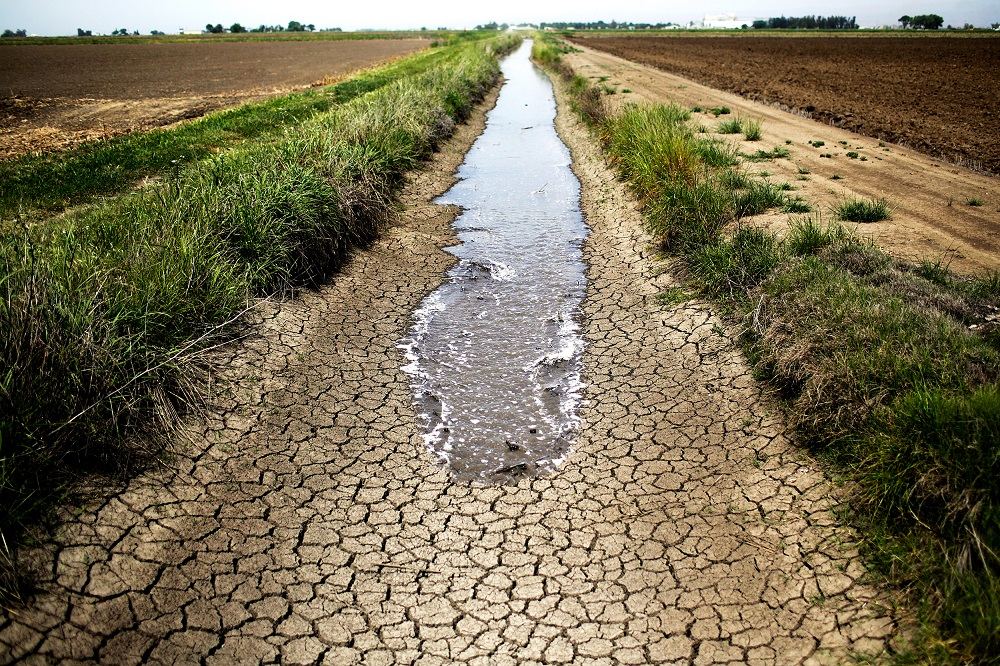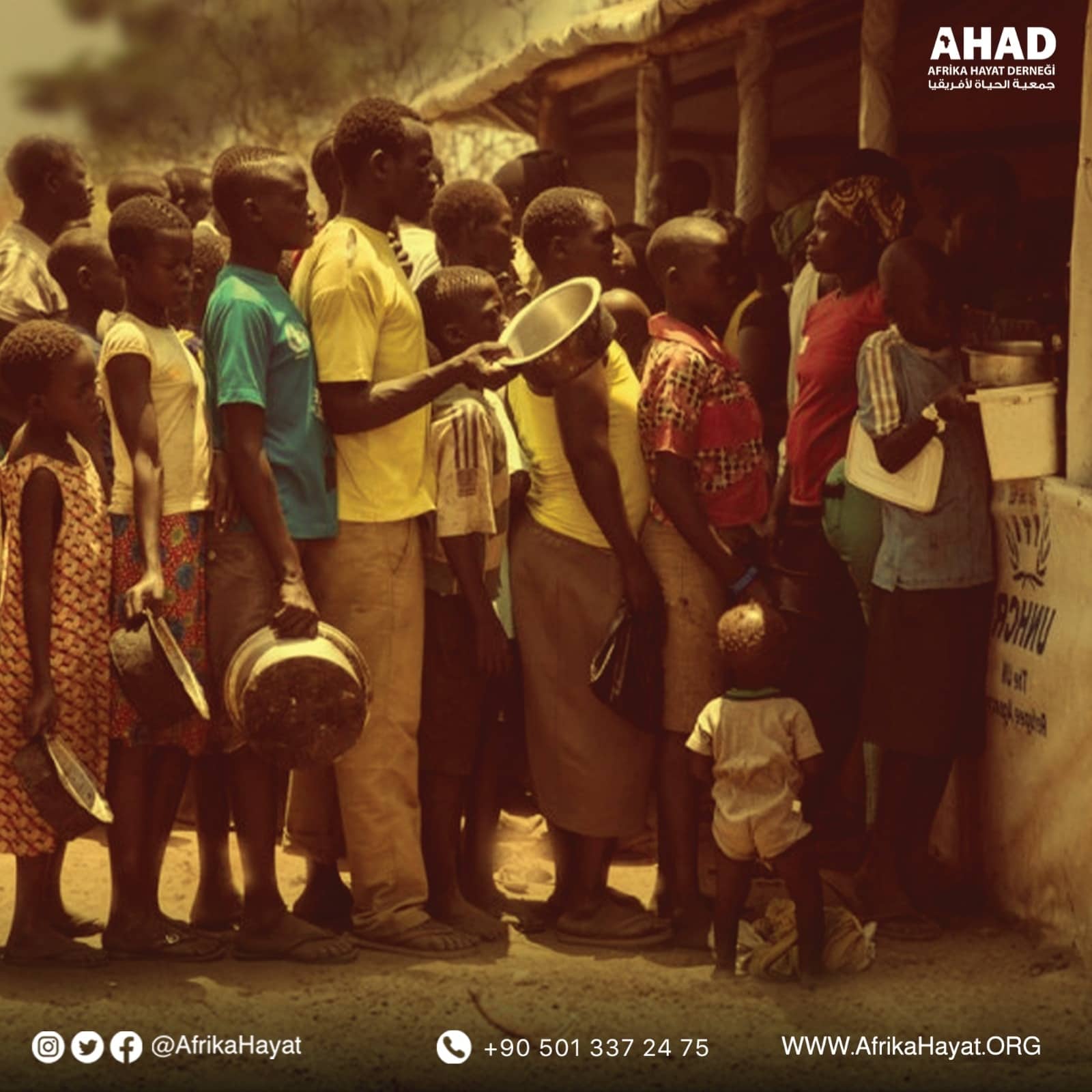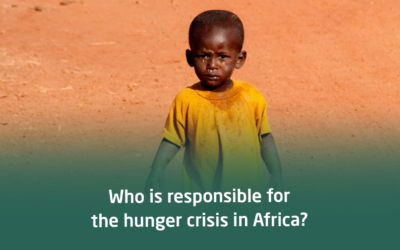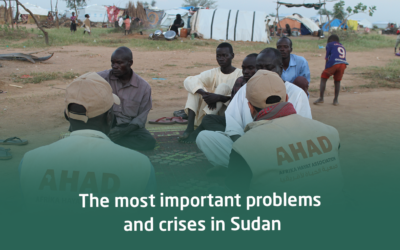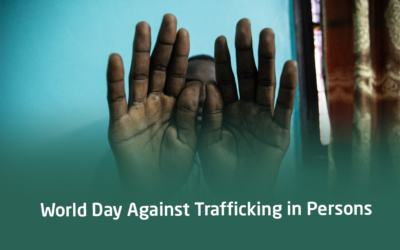Why is Africa suffering from water shortage
Africa is a wonderful continent with enormous challenges in the field of water shortage, where millions of Africans suffer from lack of access to clean drinking water. This problem is one of the most prominent environmental, economic and social issues that negatively affect the development of the continent and the well-being of its inhabitants.
The main causes of water shortage in Africa
Climate change
Climate change leads to sharp fluctuations in weather patterns, causing a decrease in precipitation and an increase in dry periods in large parts of Africa. These changes make it difficult to predict the amount of available water, complicate the planning and management of Water Resources. Regions such as the Sahel and North Africa are experiencing an increase in temperatures and a decrease in rainfall amounts, which increases water scarcity and affects agriculture and rural communities that rely heavily on rainfall.
Lack of infrastructure
Many African countries lack well-developed water distribution networks and efficient water treatment systems. This lack of infrastructure means that the available water is often polluted and unfit for drinking, leading to serious health problems. In addition, inadequate sewage systems pollute water sources, which makes it even more difficult to obtain clean water. The absence of investments in the development and maintenance of infrastructure leads to a constant deterioration in the quality and quantity of water available to the population.
Population increase
High population growth rates in Africa significantly increase the demand for water. This population growth leads to increasing pressures on the available water resources, making it difficult to meet the needs of the entire population. Agriculture, which consumes large amounts of water, requires more resources to meet the needs of a growing population. In addition, urbanization and industrial growth are increasing water consumption, exacerbating the problem.
Conflicts and security
Armed conflicts and political instability in some regions complicate the management of Water Resources. Conflicts lead to the destruction of water infrastructure, hinder sustainable development efforts. In conflict-ridden areas, water resources are diverted for military uses or are exposed to pollution, increasing water scarcity for the civilian population. Conflicts can also lead to population displacement, increasing pressure on Water Resources in refugee-receiving areas.
The impact of climate change on agriculture
Agriculture in Africa is highly dependent on rainfall, which makes it vulnerable to weather fluctuations. Low rainfall and increasing drought lead to degradation of agricultural land and a decrease in agricultural productivity. This effect compounds the problem of water scarcity, as communities compete for limited resources.
Degradation of Water Resources
Excessive depletion of groundwater and pollution of rivers and lakes lead to a reduction in the amount of usable water. Industrial and agricultural activities contribute to polluting water with chemicals and other pollutants, which makes it more difficult to obtain clean water.
Necessary efforts to improve the situation
To improve the situation, comprehensive strategies should be adopted that include infrastructure development, enhanced use of technology and innovation in water management, and increased international cooperation to support African countries in the development and management of their water resources. Emphasis should also be placed on improving the management of existing water resources, protecting the environment, and promoting sustainability in water use.
By effectively dealing with these causes, it is possible to alleviate the water shortage crisis in Africa and improve the living conditions of millions of residents on the continent.
Negative effects on everyday life and the economy
Public health
The lack of clean water and safe sanitation is a major cause of the spread of aquatic diseases such as cholera and typhoid fever. These diseases are spreading rapidly in communities without access to clean water, increasing disease rates and causing avoidable deaths. Contaminated water contains bacteria, viruses and parasites that cause serious diseases, leading to great suffering, especially in rural areas and areas with a lack of Health Services. In addition, a lack of Water leads to a deterioration in personal hygiene, which increases the likelihood of the spread of infectious diseases.
Education
Children are often forced to interrupt school to help bring water to families, which affects their educational opportunities. The time children spend collecting water can be considerable, especially in areas that require hours of walking to get water. This deprivation of education leads to a decrease in the level of educational achievement and skills of the younger generations, which limits their future opportunities to get good jobs and improve their standard of living. Girls are the most affected by this problem, as they are often required to collect water, which contributes to an increase in the gender gap in education.
Economy
The lack of water significantly affects agricultural production, which is a major source of livelihood for many residents in Africa. The decrease in the amount of water available for irrigation leads to a decline in agricultural yields, which increases poverty and limits food security. This decline in agricultural productivity negatively affects the local economy and increases unemployment and poverty rates.
The industry sector is affected by water shortages, as many industrial processes require large amounts of water. The lack of water hinders industrial processes and reduces productivity, which leads to significant economic losses. Water-dependent sectors such as manufacturing, mining, and energy production face significant challenges in light of water scarcity, which limits economic growth and leads to a decline in investments.
Possible solutions to improve the situation
Infrastructure improvement
The water and sanitation system should be expanded to increase access to clean water. This includes the construction of new water distribution networks in rural and remote areas, where communities lack access to potable water. Also, emphasis should be placed on the maintenance of existing networks to avoid leaks and reduce water losses. The establishment of efficient water treatment facilities can help improve water quality and provide it sustainably.
Dams and reservoirs can contribute to the storage of water during rainy periods and its use during dry periods. This infrastructure helps in regulating water supply and mitigating the effects of drought.
Use of technology and innovation
The use of technology can contribute to significantly improving the management of Water Resources. Desalination technologies can turn seawater into potable water, a technology that is especially important in coastal areas. The reuse of treated water can provide additional water for use in agriculture and industry, reducing the pressure on fresh water sources.
The development of more efficient irrigation systems such as drip irrigation can significantly reduce water consumption in agriculture. Such systems help direct water directly to the roots of plants, which reduces losses due to evaporation and runoff, increases crop productivity.
Sensors can help monitor soil moisture levels, enabling farmers to use water more efficiently. Big Data Technologies and digital analysis can help in better planning of Water Resources Management.
Strengthening international cooperation
Strengthening international cooperation to support African countries in the development and effective management of water resources requires the provision of financial and technical assistance from developed countries and international organizations. This assistance can be directed to the construction of infrastructure and the development of local capacities in water management.
Cooperation between African and other countries can include the exchange of experiences and knowledge on best practices in water management. Countries can learn from each other about how to apply new technologies and manage resources more efficiently.
Jointly implementing large infrastructure projects can be an effective solution. Such projects can include the construction of large dams or cross-border water transport systems to secure water supply in the most needy areas.
Solving the problem of water shortage in Africa requires the adoption of comprehensive and sustainable solutions. The improvement of infrastructure, the use of technology and innovation, the strengthening of international cooperation are essential steps towards achieving this goal. By implementing these solutions, tangible improvements in the lives of millions of Africans can be achieved and a more sustainable future guaranteed for all.
Sustainable development includes the balanced management of Natural Resources in such a way as to ensure that the needs of current generations are met without compromising the ability of future generations to meet their needs. This requires the active participation of local governments, the international community, and NGOs to ensure the implementation of effective and sustainable water management strategies.
Raising awareness among the population about the importance of water conservation and sustainable use can contribute to reducing losses and improving water resources management at the local level.
By applying these solutions in a coordinated and sustainable manner, it is possible to reduce the effects of water scarcity and achieve sustainable development that benefits the entire population of Africa.
AHAD’s efforts in promoting sustainable development in Africa
AHAD Foundation works hard in the heart of the African continent, especially in the countries of Central and West Africa, with the aim of improving the quality of life of the poor and disadvantaged in those regions. Its projects cover the areas of health, education, water and economic development, and it seeks to achieve a positive and sustainable impact on the communities it serves.
AHAD understands the unique nature of the communities she works with, and has therefore chosen strategies that enable her to leverage their skills and abilities. The foundation focuses on fostering local engagement and collaboration with individuals to ensure long-lasting and sustainable impact. AHAD works to build local capacities and empower individuals to be key actors in the development of their communities, thereby enhancing local ownership of projects and increasing their sustainability.
AHAD works to improve health services in remote and disadvantaged areas by building and equipping health facilities and training local medical staff. It also provides health awareness campaigns to promote disease prevention and improve public health.
AHAD seeks to improve the quality of education by building schools and equipping them with educational supplies, in addition to training teachers. The foundation also works to develop innovative educational programs that meet the needs of local communities, focusing on the education of girls and youth.
AHAD understands that access to clean water is the basis for improving the quality of life. Therefore, the foundation carries out projects for drilling wells, building water distribution systems, as well as providing awareness programs on the importance of personal and environmental hygiene.
AHAD promotes economic development by empowering individuals and communities through training programs in areas such as sustainable agriculture, handicrafts, and small business management. These programs are aimed at creating jobs and improving incomes, contributing to poverty reduction and promoting local economic growth.
Ahad relies on the motto “because it’s worth living”, and works hard to realize this motto in every project she does. The foundation aims to make a positive impact in the lives of the communities it serves by providing basic needs, improving the quality of education, and empowering individuals to actively participate in building productive and sustainable communities.
Through its diverse projects and participatory and collaborative approach, AHAD achieves tangible and sustainable results in improving the quality of life of individuals and communities in Africa. The Foundation contributes to building a better and more sustainable future by investing in people and local resources, promoting inclusive and sustainable development.
You can visit the AHAD website to find out more about the projects it offers
ALSO READ
WHAT THE FOOD BASKET CONTAINS IN AHAD
Join us in our message


